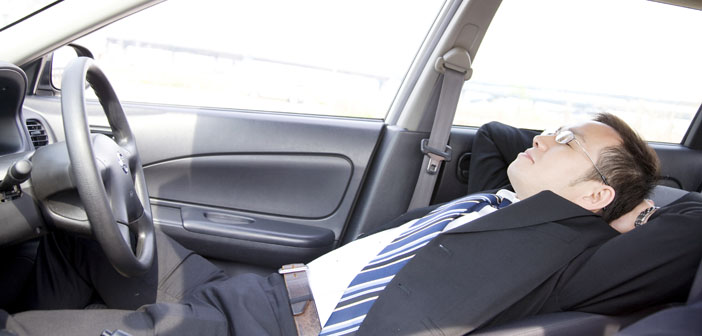Recent research (I always cringe when that’s the first words of an article) shows that we know what we always knew but we now have statistics to prove it. Yes, most statistics come from the University of the Blindingly Obvious but, of course, what is common sense and what is common practise can be two different things. There you go, clichés galore to get us going…
There’s been a lot of stuff (this is a technical term) about work times this year; as an example, it was found that teenagers should go to school later in the day as they just aren’t built for early mornings (or much else, in my cynical experience!!) which, I feel, most teachers cold have told you. But school is not designed to meet the needs of its pupils (who are the ultimate customer and, in the end, how schools are measured) but puts the needs of parents and the teachers first. Yes.
Similarly, the traditional working day of 9-5 (remember Dolly Parton?) was designed for the owners of work places (mills, etc.) and designed around hours of light to get the maximum out of that, not our workers. Which goes back a bit, well, to before the invention of the light bulb. Up to date thinking again…
If we want to get maximum performance from our employees, a mad concept to start off with, then we need to realise some basic truths or at least basic research findings. The average human being really has around three and a half hour peak hours in them per day and, if you want to maximise this, and why would you, employers should minimise the hours people work. They don’t tend to do this as, well, I have absolutely no idea (I do but I’ve already been cynical once in this article).
A 20 minute nap each day could make us all work more productively…
In Sweden in 2016 there was a work experiment. This is what they did:
- Moved to six hour day
- “The eight-hour work day is not as effective as one would think, to stay focused on a specific work task for eight hours is a huge challenge. In order to cope, we mix in things and pauses to make the work day more endurable. At the same time, we are having it hard to manage our private life outside of work.“
- Productivity rose
- “During the trial all the staff had more energy. I could see that everybody was happy.”
So, it all worked! But, in 2017, most companies went back to 8 hours.
In the UK, a marketing company, Pursuit Marketing, did this in 2016:
- Gave employees Fridays off
- No reduction in pay
- 29% improvement in productivity over 2 years
- They noticed considerable health improvements
- They moved from £5m turnover to £15m projected this year
They kept with it, Sweden didn’t (though Sweden still tend to be in the highest three of happy countries in the happiness survey each year; I won’t tell you where the UK is) and… well, look at those results.
One comment from a company in Sweden was eye-opening: “The eight-hour work day is not as effective as one would think, to stay focused on a specific work task for eight hours is a huge challenge. In order to cope, we mix in things and pauses to make the work day more endurable. At the same time, we are having it hard to manage our private life outside of work.”
And the still changed tack.
One swallow doesn’t make a summer, of course, but it’s a significant change, just one that employers may not be embracing fully, if at all.
Why? Well, we like to ignore the basic needs of the human metabolism. We feel tired after lunch, we encourage children to nap and in Japan they have nap pods. And the NHS said “A 20 minute nap each day could make us all work more productively…”
But…
They also said last year that “As a general rule, taking at least 30 minutes away from your desk will help you to be more effective in the afternoon“ but people on average take only 26 minutes for lunch, eat it at their desk and tend to have the same thing every day.
We just plough on.
None of this aids productivity.
Which should be the driver to how we work, surely? Get people performing and…
We use a simple equation in our training which is P = CxM, i.e. productivity equals Competency (the ability to do the job) times Motivation (the desire to do the best work) and for many, motivation isn’t always money (it seldom is) but the quality of their life. Which, for so many, is dictated by the hours they work.
Recent research (there I go again) shows that the UK is unhappier in its work outlook now than it was 5 years ago. Which means people are unhappy at work. Which is philosophic lly sad but also bad news for productivity, health and profits.
“It’s not the hours you put in but what you put into the hour”, so the cliché goes but clichés are clichés because they tend to have some truth in them. I like clichés…
So, maybe it’s time to re-think hours and structure of work, if you haven’t done so already. Or maybe we will just stick with rules made in the 18th Century. Which, let’s face it, we loved…




